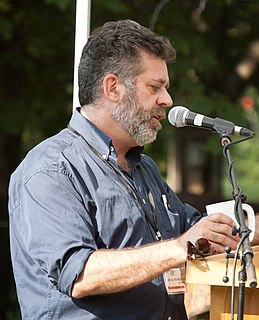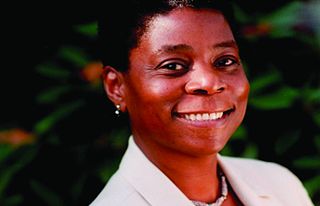A Quote by Lily King
Every fictional thing I wrote gave me strength to write another and another. By the end I wasn't remaining true to anything but the story I wanted to tell.
Related Quotes
The way I feel about every book is this: you don't finish it, you abandon it. All of my books have in some sense failed, otherwise I wouldn't write another one. If I wrote the perfect book, I wouldn't have to write again, and I wouldn't want to. That's not true for everyone, but it's true for me. I could walk away then. But so far I haven't managed to do it.
Long time ago, people would make the Bible, right? The guy said it, somebody wrote it down. And then if you wanted another copy of it, another human being wrote another one. It took a long, long time. Somebody created this thing called mimeograph paper and so you said, 'OK, we'll do it that way.' And so you could get three of them.
The Danger of a Single Story”, which has resonated with me immensely every time I read it. “Power is the ability not just to tell the story of another person, but to make it the definitive story of that person. The Palestinian poet Mourid Barghouti writes that if you want to dispossess a people, the simplest way to do it is to tell their story, and to start with, “secondly.
You can tell a true war story by the questions you ask. Somebody tells a story, let's say, and afterward you ask, 'Is it true?' and if the answer matters, you've got your answer . . . Absolute occurrence is irrelevant. A thing may happen and be a total lie; another thing may not happen and be truer than the truth.
The thing to remember when you're writing," he said, " is, it's not whether or not what you put on paper is true. It's whether it wakes a truth in your reader. I don't care what literary device you might use, or belief systems you tap into--if you can make a story true for the reader, if you can give them a glimpse into another way of seeing the world, or another way that they can cope with their problems, then that story is a succes.
I was writing novels at eight. It was a science fiction epic, which went by the unimprovable title of 'Another Kind of Warrior.' I'd write it beginning to end, but when I'd finished it, I was another year older. The quality of writing and thought changed radically, so I'd start it again. I re-wrote that same book until I was 16.







































